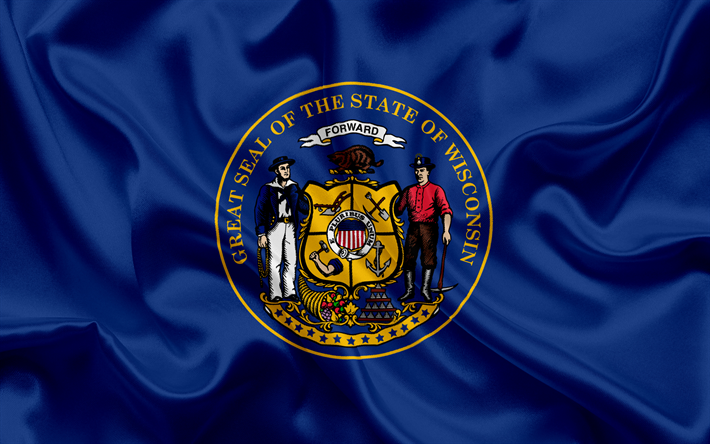Wisconsin’s Department of Agriculture, Trade, and Consumer Protection (DATCP) issued a new emergency rule that will let some hemp growers save crops that go over the federal THC limit of 0.3%. The state adopted two federal rules affecting such adulterated plants.
First, allowances have been set that shield growers from fines if their crops go “hot,” raising the tolerance level from a total 0.5% to 1.0% for THC in hemp crops. Those non-compliant crops could be at least partially saved by cutting off and destroying only the flowers, or grinding the entire plant into biomass, said Brian Kuhn, who heads the DATCP’s hemp program.
CBD dominates in state
While the change may help grain and fiber producers, it would do little to support CBD producers, who live off the hemp flowers, and who have dominated Wisconsin hemp since growing started in the state three years ago.
The state also adopted a federal guideline that lets growers receive one violation per year with no consequences if THC levels in their crops go beyond the legal limit.
Wisconsin still operates under the 2014 U.S. Farm Bill as a hemp pilot program, but must adopt the federal hemp rule, published in this past March, for the 2022 growing season.
The state is among the top 10 hemp producers in the United States, with nearly 1,200 licenses granted in both 2019 and 2020. Experts have said fiber will likely be Wisconsin’s main hemp output long term due to the state’s growing conditions.

